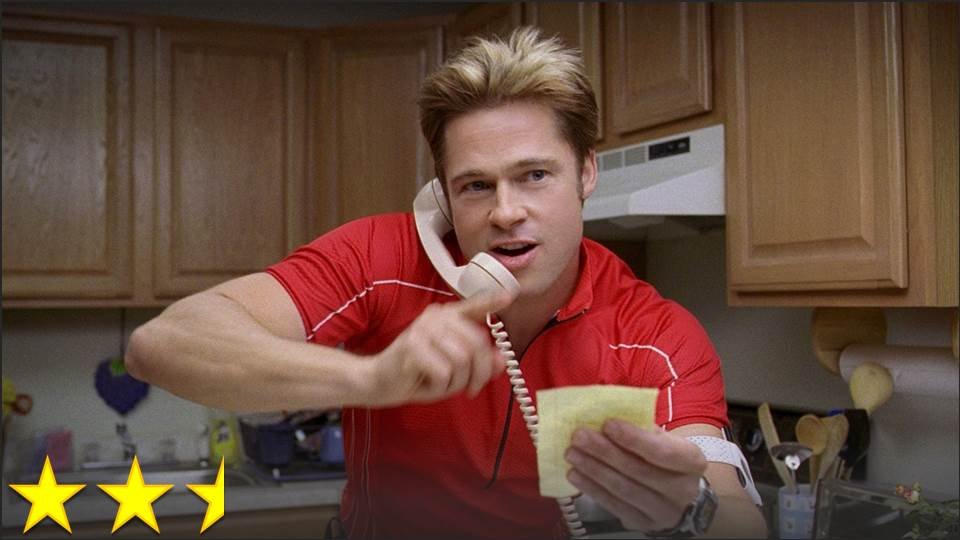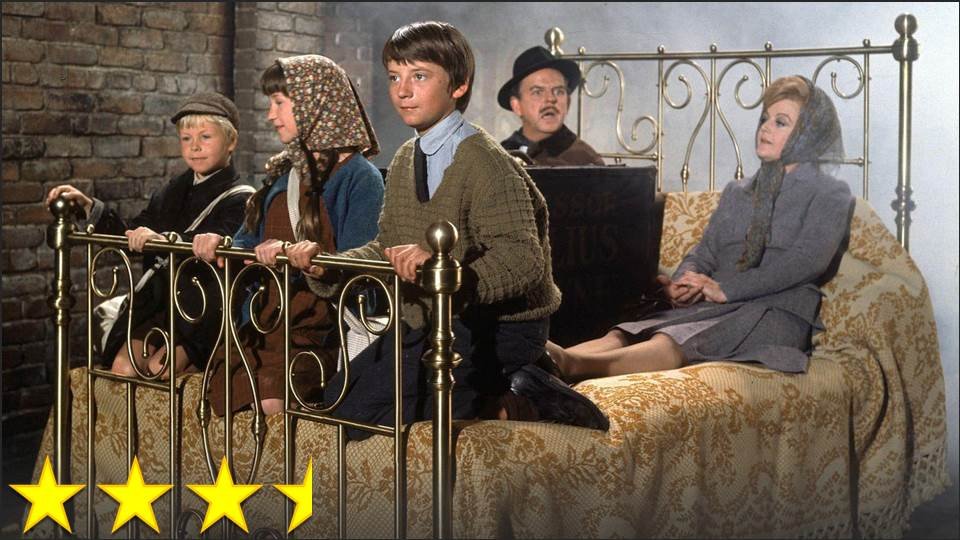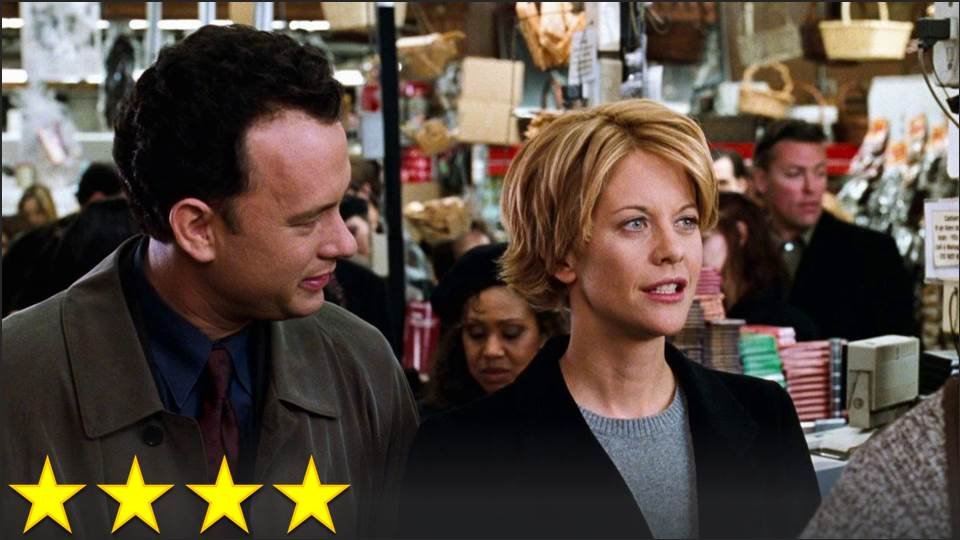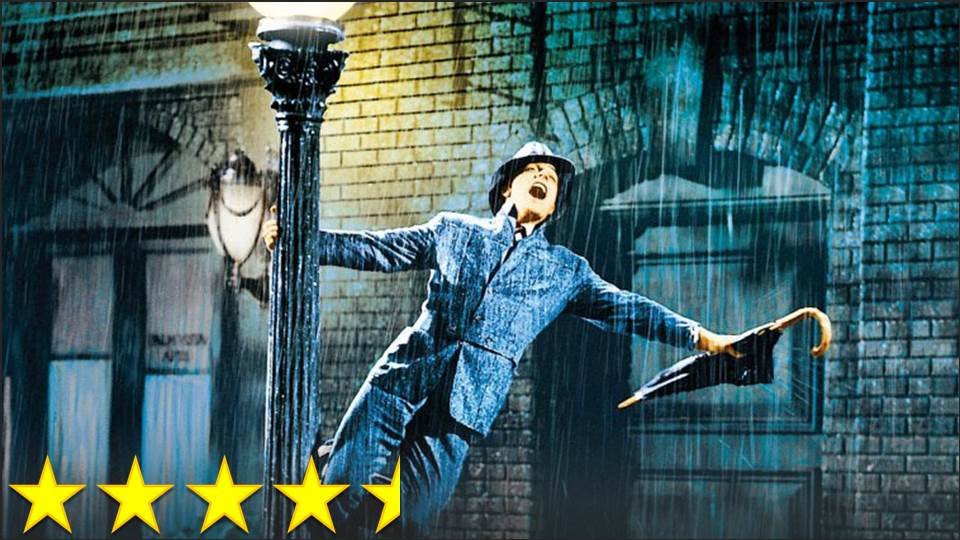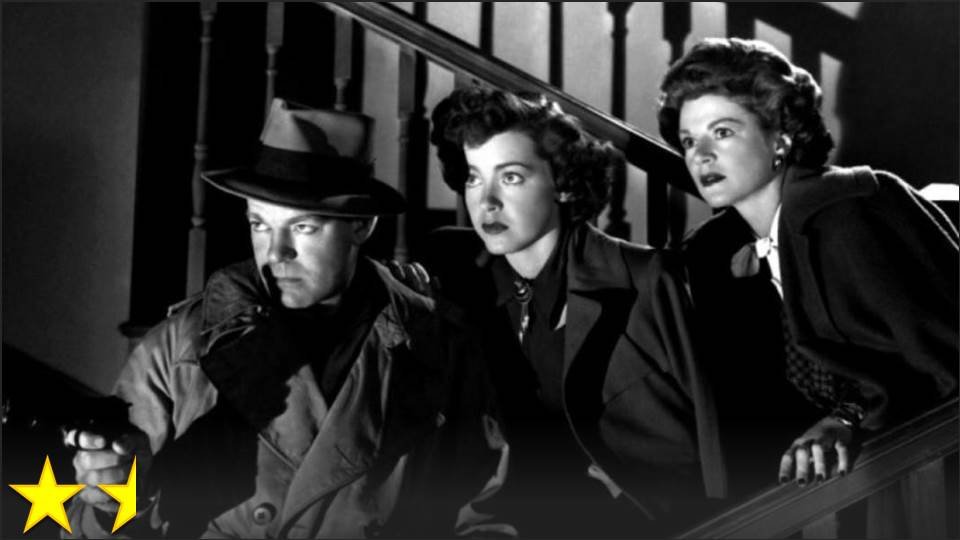It’s always a little bit embarrassing for me to say that I don’t “get” a certain kind of humor. In general, the inability to understand a joke that others find humorous is often a sign of a lack of understanding of the world as a whole – a sign of immaturity. It usually shows that the person who does not laugh is “out of the loop” and does not have the perspective (or intelligence) to understand either the mechanics of the joke or the nature of the joke’s subjects. This is why I have always hated to reveal that I “just don’t get it” when I watch a film by the Coen brothers. Burn After Reading, much like the small fraction of the rest of their work that I’ve seen, simply doesn’t do it for me, and I have a hard time explaining why.
Some might think that I am making too big a deal out of a simple matter of differing tastes, but I don’t think that comedy is quite as subjective as the public believes. I think that appreciation or depreciation of certain jokes or certain kinds of comedy can be indicative of a level of thoughtfulness or intelligence, and the comedy of the Coen brothers is generally thought of as a more sophisticated kind of comedy. I think that this sense of sophistication comes from the fact that they do comedy that is not explicitly comedic – the actors don’t go too far over the top, don’t wink at the camera, don’t crack jokes, don’t engage in funny physical comedy, don’t release a steady stream of witty one-liners the way Woody Allen does, and don’t have the sense of “putting on a show” that is nearly always a part of the comedic aesthetic. The comedy is in how uninteresting and pathetic these people are, but even the traditional comedy style of England, which is known for focusing on the uninteresting and pathetic people more than the fun, wisecracking comic type that America has celebrated, tends to “play up” the comedy much more than the Coen brothers do. I think the subdued nature of the comedy creates the sense that the comedy is a bit harder to find, perhaps to the point that someone could walk into the film mid-way and believe it was a drama for a few minutes. This in turn creates the sense that the comedy must only be visible to those who are smart enough to see it, but I think this is illusory – I know that it’s supposed to be funny that Clooney’s character has so little control over the way he’s wired to behave that he can’t help but find a new woman to have a secret affair with the moment that his current secret lover looks like she’ll become his wife, but it’s only funny to the point of making me roll my eyes. I’m not interested in laughing at people who are just pathetic, annoying suckers – I’m just annoyed with them because I’m surrounded by the same kind of annoying people every day, and their loss is more of a cause for a sigh of relief than for a laugh.
This film is an example of how the Coen brothers simply fail to understand how to properly walk the tiny tightrope that is the comedy narrative. The comedy film is such a difficult thing to do well because of its inherent contradiction: cinema is, as Roger Ebert rightly noted, an empathy-generating machine, while comedy and empathy are forever at odds. The audience can’t care too much about the characters or else it won’t be funny when something bad happens to them – it will be dramatic – but they also can’t be too apathetic about the characters or else they will have no interest in the plot. It is finding the type of character that is amusing, interesting, and somewhat likable, without seeming so real or relatable as to be taken seriously, that makes comedic entertainment possible. From what I’ve seen, the trick seems to be to make the characters relatable through childlike naivete, while still keeping them irrational and foolish. Consider Cookie Monster – he is forever obsessed with cookies, and we laugh at both his inability to obtain them and his inability to see how absurd his obsession is, but we still feel happy for him when he does get a cookie. We laugh at early Hermione Granger when she is saddened by the news that exams have been cancelled, but when she is saddened by being a disliked outcast, this is played as drama, showing the way the two kinds of misery function. Very often, this need for a character to “straighten out her priorities” is enough to make for the “adorable loser” type of character that we enjoy in the work of Henson, Chaplin, and other comedic greats, but the work of the Coen brothers doesn’t fit into either category of misery, and doesn’t work for me.
What does work for me, however, is the ending. The cuts to the men at the C.I.A. who are trying to figure out what on earth is wrong with all these crazy people are delightful. While I’ve never been a huge fan of either version of The Office, I do very much agree with Rainn Wilson’s observation that the show’s awkward moments are not as funny as the reactions of the other cast members in response to those moments. The look to the camera is funny because it relies on the other way that comedy functions in narrative – instead of enjoying the silly misery of the adorable loser, we enjoy the fun that one of the characters is having observing people being fools or losers. Burn After Reading could have worked if it had some sane characters appearing throughout who recognized the absurdity of the other characters, but the characters are just not funny enough on their own. They are annoying and stupid and boring and they made for a tedious film. It took me a very long time to watch it because I couldn’t stomach it all in fewer than three sittings, and frankly I feel like it was time poorly spent.
